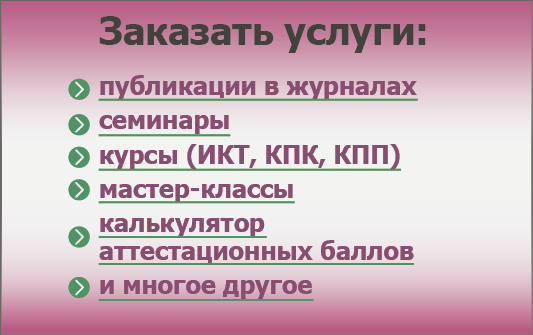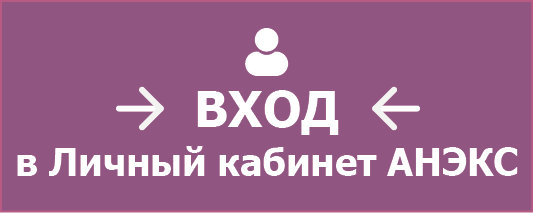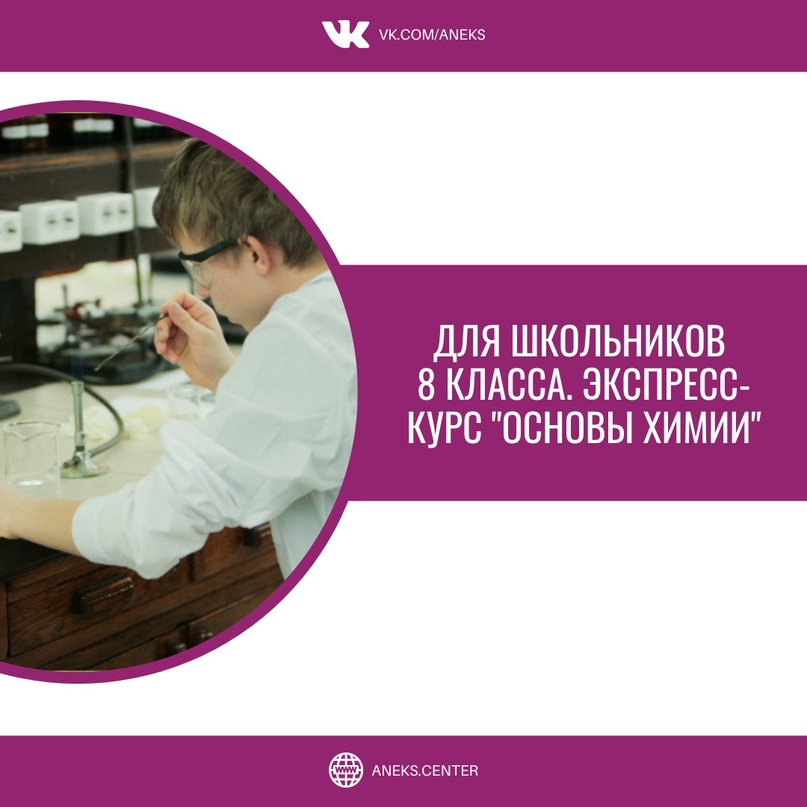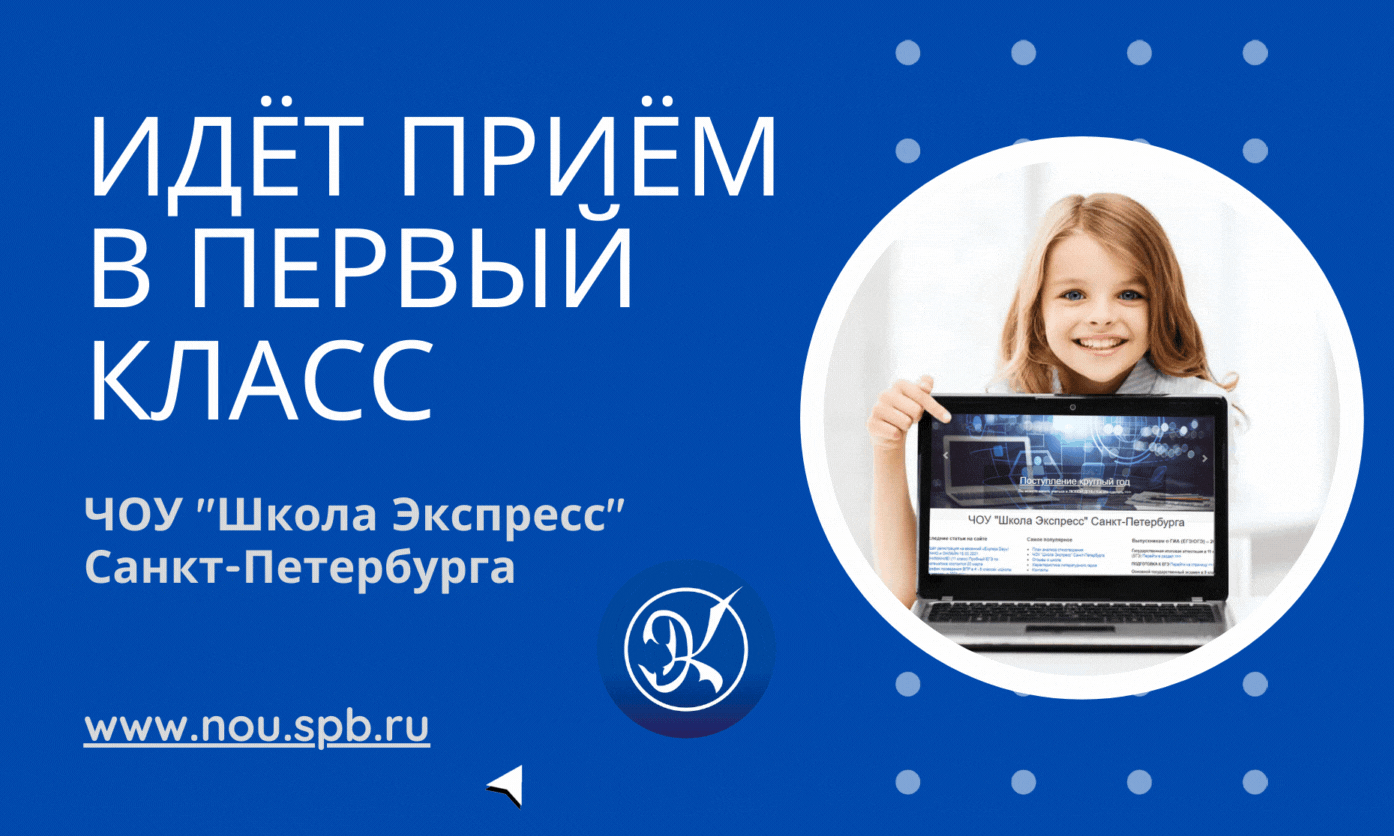Методическая разработка урока для 5 класса
Модальный глагол «can»
Зервиди Юлия Владимировна,
учитель английского языка ГБОУ СОШ №242
Красносельского района Санкт-Петербурга
Цели:
1) формировать навыки употребления в речи утвердительных, отрицательных предложений и общего вопроса с глаголом “can”
2) активизировать употребление глагола “can” в рамках учебной ситуации;
3) развивать навык устной речи;
Задачи:
1) практика употребления модального глагола в утвердительных отрицательных и вопросительных предложениях;
2) корректирование произносительных навыков учащихся;
3) развитие навыков чтения и диалогической речи учащихся
Оснащение:
- УМК “ World class”
- стихотворение “I can”; раздаточный материал для физкультминутки;
- презентация “Модальный глагол “can”. Утвердительное предложение, вопросительное предложение, отрицательное предложение.
I. Организационный момент (2 мин):
Good morning?
Glad to see you.
How are you?
Who is on duty today?
Who is absent today?
What is the date today?
What is the day today?
Ok. Let’s start our lesson. Listen to me and repeat after me the poem.
Целеполагание. What we are going to do? What will we do at our lesson today? Of course, we are going to study new words. We are going to do several tasks. Look at the board and listen to me…
II. Введение нового материала слайды( 5 мин). Работа с презентацией. Учащиеся записывают формулы образования утвердительного предложения, отрицательного и вопросительного с краткими ответами.
Ok, we have written the rule of the modal verb CAN. It is necessary because it is important to know. Now let’s work. You have 4 tasks: the 1st task is read the poem, the 2nd is to translate, the 3rd is to work in groups, the 4th is to put the modal verb in the right form and the 5th is to listen to the dialogue. Ok, let’s start.
III. Работа со стихотворением (10 мин): Listen to the rhyme “I can”
а) стихотворение читает учитель Listen to me, please. 1 мин
I can.
I can juggle and I can walk on stilts
I can climb a rope and ride a unicycle
I can jump and I can hop
I can hop, but I can't stop
I can count – one, two, three
I can say – hello
I can walk the tightrope and I can do Somersault
I can hop, but I can't stop
I can run and I can sing
I can do anything
I can jump and I can hop
I can hop and I can't stop.
What are the new words for you? Good. Of course, there are many new words here. Listen and repeat after me.
б) отработка незнакомых слов: Listen to me and repeat. 2 мин
1. to ride a unicycle [raid ‘ju:nэsaikэl] – кататься на одноколесном велосипеде
2. to do somersaults – делать сальто
3. to hop [hop] – скакать
4. to run [r^n] – бегать
5. to juggle [dз^gэl] – жонглировать
6. tо climb a rope [klaim э roup] – лезть по канату
7. to walk on stilts [wo:k эn stilts] – ходить на ходулях
8. to walk tightrope [taitroup] – ходить по канату
Работа учащихся: перевод стихотворения индивидуально
в) построчное чтение стихотворения: Listen to me and repeat. 4 мин
г) чтение и перевод стихотворения: Translate this rhyme. 3 мин
You should read the poem and translate it into Russian. You have 3 minutes.
Are you ready? Let’s check up the task. Write your points in the papers.
IV. Групповая работа учащихся (10 мин): In groups, imagine one person is a teacher of a circus school. He/She asks questions to choose one person for a school.) Can you ride a unicycle? Yes, I can. No, I can’t
Tell the class who you choose.
Example: Maria. She can walk on stilts and she can juggle oranges.
V. Физкультминутка: Are you tired? I think you do. Let’s have a rest. Repeat after me. 1.Физические упражнения 2. Игра “Волшебный мешочек”. (3 мин).
- I can run I can run
I can run and run
And I’m having lots of fun
I can run I can run
Can you?
Sn: Yes, we can.
I can jump
I can swim
I can hop
I can skip
Can you?
Sn: Yes, we can.
2.В мешочке находятся картинки с изображением действий. Учащийся вытягивает картинку и называет, что изображено на картинке.
T: Let’s play a little. I want you to take one card and say what is on the picture with the help of the phrase I CAN. For example, I can play tennis.
VI. Письмо. Вставить “can” or “can't”. You fill in gap. Put affirmative form of the modal verb “can” or negative form “can't” where necessary. You’ll have 7 min. (7 мин)
- I … do a somersault.
- I … juggle two oranges.
- I … play football.
- I … ride a horse.
- I … roller – skate.
- I … walk the tightrope.
- I … carry a person.
- I … walk on stilts.
- I … play tennis.
Are you ready? Let’s check up the task. Write your points in the papers
VII. Listen to Sophie and Jason. What can they do? Write the sentences.
Go through the answers and write them on the board. (5 мин)
VIII. Рефлексия. Что нового узнали? Чему научились? (2 мин)
1
I can read and talk
2
I can write
3
I understand the theme
IX. Домашнее задание(2 мин)
T: Your home task is: 1. Выучить правило на стр. 27. 2. РТ стр.16 упр. В, С. Is it clear?
Sn: Yes, it is!
T: Now I’m telling you your marks.
- выставление оценок
T: I want you to count all your points in your rout paper and put yourself a mark. Do you have any question?
Sn: No, we haven’t
X. Подведение итогов урока(1мин)
Our lesson is over.
T: OK, Stand up! It’s time to say «See you». (students stand up)
T: First of all, I want to say thank you for lesson. It was very interesting to work with you. I’m satisfied by your hard work. The theme of our lesson is necessary for because of VOUD and verbs may help you to make a conversation with a foreigner. Our lesson is over. Good-luck to you!










